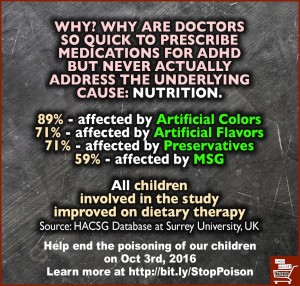Every One Is Unique
Ingredient In Many Antiperspirant Products Causes Tumour Growth

The link has been known for years about aluminium and breast cancer and Alzheimer’s disease. Here’s some more evidence to guide the redirection of your purchasing dollars to better preserve your health.
https://thepeoplesvoice.tv/ingredient-in-many-antiperspirant-products-cause-tumor-growth/
Jury Awards $11.9 Million in Paxil Suicide Malpractice Case–Psychiatric Expert Peter R. Breggin Testifies

This $11.9 million verdict confirms the significant body of scientific evidence indicating that psychiatric drugs can cause violence and suicide
http://www.prweb.com/releases/2016/10/prweb13743675.htm
The Worst Thing That Could Happen Nearly Did and Will Soon – An Interesting and Important Read

My take away from the article is that if you want to be a survivor, apply strict hygiene around animals and boost your immune system!
http://www.takepart.com/feature/2016/10/07/swine-flu?cmpid=tpdaily-eml-2016-10-07
Create The Grandest Vision For Your Life
Why Ignore The Cause
Alzheimer’s Association Warns Against Coconut Oil – Member Replies “Coconut Oil Gave us our Father Back!”

I posted this on Facebook and David Mayo, a learned regular, commented, “Alzheimers sufferers need 5gms flax seed oil and or fish or krill oil every day plus antioxidants Vitamin E, alpha lipoic acid and CoQ10 and Vitamin C to bowel tolerance.”
http://healthimpactnews.com/2012/alzheimers-association-warns-against-coconut-oil-member-replies-coconut-oil-gave-us-our-father-back/
Boy Awarded $174,000 After Flu Shot Permanently Disables Him
Scientists Find Dandelion Root Kills 98% Of Cancer Cells In Only 48 Hours

Dandelion has been used medicinally since ancient times for its various health benefits. However, the most powerful benefit to come out of this common weed is something that medical researchers are super excited to have “discovered” – which is its potential to cure cancer!
http://healtheternally.com/1562/dandelion-weed-can-boost-your-immune-system-and-cure-cancer/





